how uni melted my brain
The crushing agony of tertiary education, explained.
We’ve teamed up with the folks at UNiDays to bring you stories about all the stuff you go through when you're studying. Did you know UNiDAYS members can nab a 25 per cent discount on their frankie magazine subscriptions? Well, now you do. Check the bottom of the story for more deets.
Most uni students have the right idea. With brutal efficiency, they knock off their degrees in three or four years, before heading off towards illustrious careers as nurses and lawyers, landscape architects and chemists – all professions I can’t even begin to understand. Instead, I pursued the type of degree that, literally, had the word “creative” in its title.
When you’ve got something like that framed in your mother’s house, you know the future’s potentially bleak. So unsurprisingly, arts graduates – like me – will find any excuse to hang around campus, long after they’re needed. Honours? Why not! Masters? Don’t mind if I do! It’s alluring: continue to score adequate marks, and you’ll be kept safe by a combination of HECS debt and Centrelink. Psychologically, you know you’re trapped; but you’re comfortable, so you stay. Similar things happen in other institutions, like nunneries or prison.
Soon enough, other offers come in – pursue a PhD, and we’ll pay you for the pleasure of studying. It sounds like the sweetest deal on earth: read some books, write a big report over three years, and we’ll keep you fed and watered. But what no one tells you is that there are ramifications, too. Here are some.
1. You will stop reading for pleasure. If you’re academically inclined, you’re probably the bookish type as well. You dig magazines, bookshop cafés, and anything text-based turns your crank. But once your postgraduate career begins, say goodbye to McSweeney’s and The New Yorker. Instead, say hello to your new friend Heroic Ethnocentrism: The Idea of Universality in Literature. Or Research through Practice: Positioning the Practitioner as Researcher, and 4102.0: Australian Social Trends.
2. You will cease being able to communicate normally. At first, using familiar words in new contexts is exciting. Did you know “enterprise” doesn’t have to exclusively relate to business, but could be used to describe totally abstract pursuits, such as postcolonial anthropological discourse? Fascinating. But after a few years, this type of language starts bleeding into your everyday world too. You’ll find yourself speaking like an author being interviewed on Radio National. Despite your best abilities to blend in with The People, you will never again be able to end a sentence with “to” or “by”. You’ll start using “to which” and “by whom”, even when drunk and trying to hurl abuse. People will laugh at you.
3. You will become a 1950s housewife. There will be weeks of being glued to the computer monitor, living in a small nest of academic journals and empty mugs lined with instant-soup dregs. After these dark periods, going to the grocery store will become your sweet reward. Housework becomes a legitimate and desirable pastime. Baking, cleaning, scrubbing: you will seek any form of productive work to get the hell away from the thesis. On the upside, your partner will love you more.
4. You will smell. By the end of her Masters and my PhD, my friend Anna and I exchanged notes, and both realised that you weirdly reek in the final week, no matter how much you bathe. There are several theories as to why, but mine is that your body has begun to weep, because you’ve lost the ability to yourself.
5. You will feel deep shame. My mother couldn’t be more proud that she’ll soon have an official doctor in the family. Not one that can heal wounds and prescribe drugs mind you, but one that understands postcolonial media theory and screenwriting structure. Yet, there’s a special type of shame that comes with having stayed in university for over seven years. Perhaps the Germans have a word for it, something precise and exact, like Akademischen-schande, or Universität-demütigung. While I should share my mother’s pride in having completed a PhD, I know that in the real world, this flimsy certificate is the equivalent of an adult education correspondence degree, the ones from the back of TV Week catalogues where you’d lick and stick stamps of the courses in which you were interested. Oh God: “in which you were interested.” Did anyone else notice that too?
This honest assessment of uni was originally published in frankie 28.
Thanks to the kind types at UNiDAYS, uni students can nab 25 per cent off their frankie subscriptions. Just click here, then register or log in using your UNiDAYS member details. Easy as!
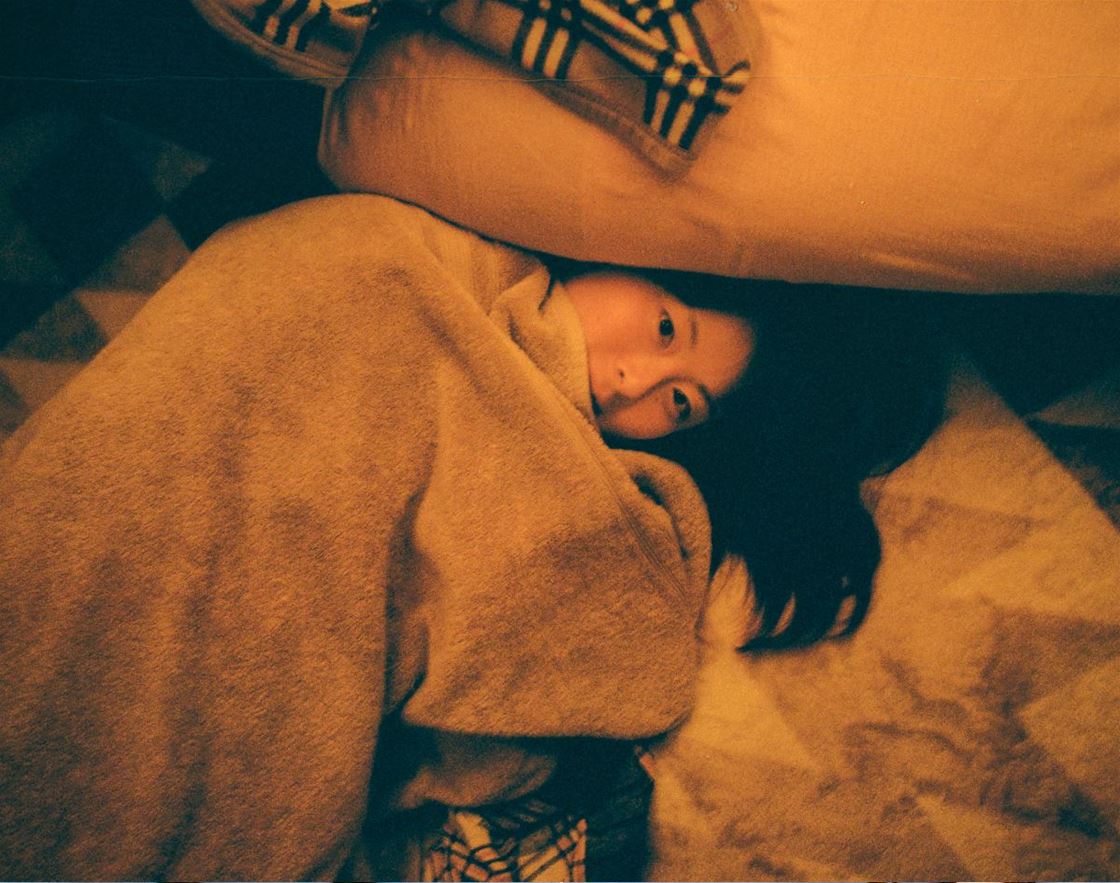

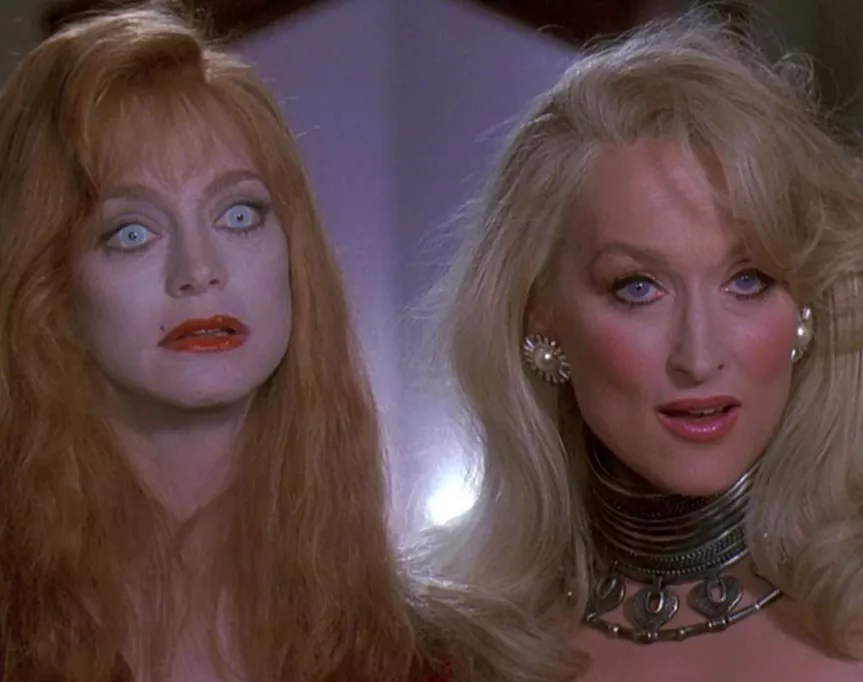


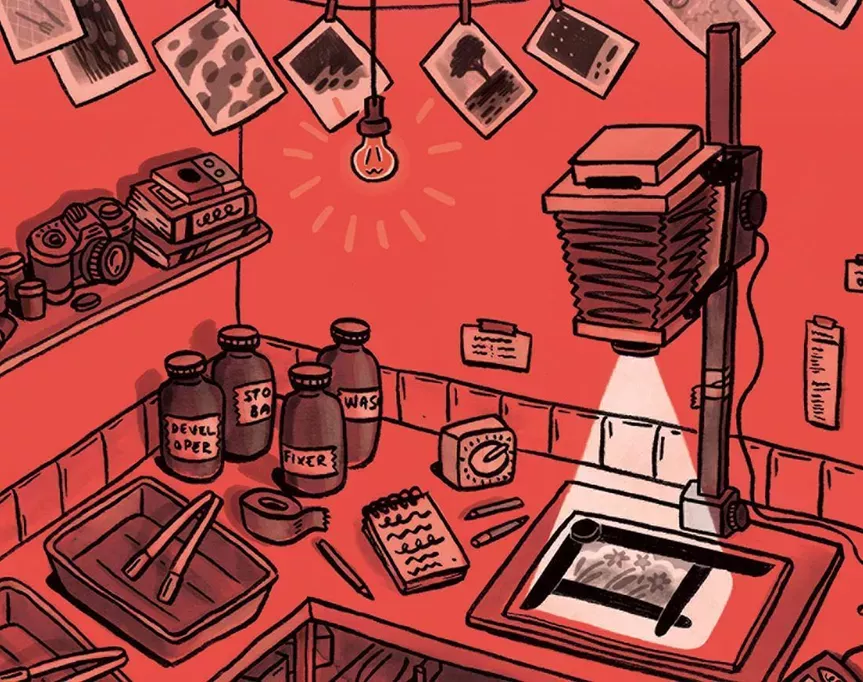





.jpg&q=80&w=316&c=1&s=1)



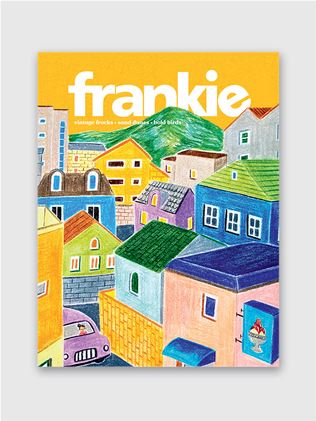






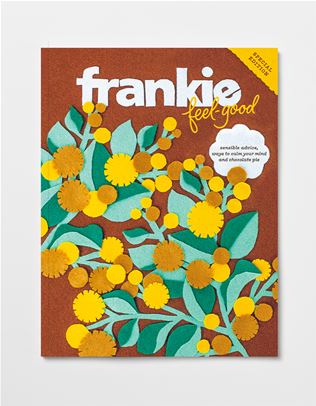






.jpg&q=80&w=316&c=1&s=1)










